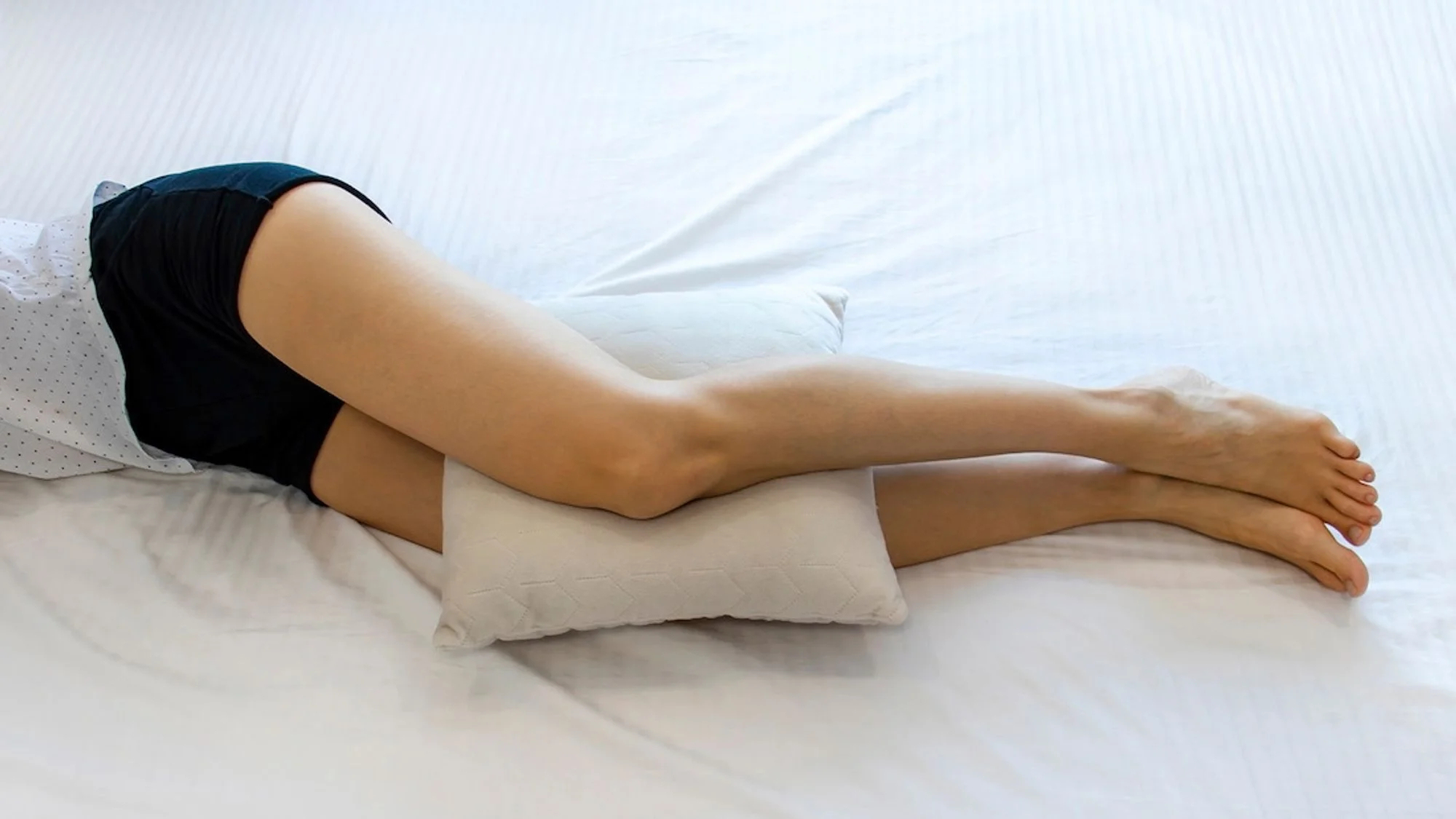
We all know a good night’s sleep is good for us, but research has shown a new link between sleep and improved mental health. A study conducted by The University of York found that high-quality sleep can help reduce depression and anxiety.
The research included data from over 600 people during the Covid-19 pandemic in 2020, exploring how stress contributes to depression and anxiety. It found that high-quality sleep and using positive emotional coping strategies — like the ability to reframe situations, seeing things positively or putting things into perspective — are associated with reduced stress and improved mental health.
It’s the first study looking at how sleep along with other coping strategies affects mental health during a period of stress (Covid-19) and reinforces the importance of good sleep for health. “We found that sleep plays a hugely important role in the management of chronic stress and can sustain well-being over a long period of time, reducing symptoms of depression and anxiety,” said Dr Scott Cairney, PhD supervisor on the project from the Department of Psychology at the University of York.
How Sleep Helps Manage Stress
The research showed a link between how people rated the quality of their sleep and their levels of anxiety and depression, but how exactly does sleep help or hinder mental health?
“Sleep can serve as a helpful component in coping with and managing stress, depression, anxiety, and other mental health issues,” says Kerry Davies, a sleep specialist and founder of The Sleep Fixer. However she says it is important to note that sleep is not a treatment or cure for mental health issues, but an important part of a healthy lifestyle and overall mental well-being.
Good sleep can help reduce stress levels, mood swings and risk of mood disorders, says Davies. “When you’re sleep-deprived, your body can overproduce stress hormones like cortisol. Getting enough sleep can help keep your stress hormones in balance, thus helping you manage stressful situations more effectively.” And when it comes to mood, “regular, high-quality sleep can help stabilize mood and reduce feelings of anxiety and depression,” she explains.
Sleep and Coping Mechanisms
The study found that people who engaged in emotional regulation techniques also had lower rates of anxiety and depression. It highlights an important benefit of sleep for mental health — how it helps people regulate their emotions and use coping mechanisms to prevent stress from escalating.
Sleep has a dual positive effect on mental health as the effectiveness of many emotional regulation techniques require high levels of executive function, and this is only possible if you have had high quality sleep. Good sleep not only helps you manage stress, it also helps you implement other tools to help manage it too.
“Sleep is vital for cognitive functions like memory, attention, and problem-solving,” says Davies. “These functions are especially important when you’re dealing with mental health issues, as they can help you process your experiences and implement coping strategies more effectively.”
The Link Between Sleep and Mental Health
Sleep and mental health are closely connected, and lack of sleep can negatively impact everyone’s mental well-being. You might be familiar with feeling more stressed after a bad night or how you feel much better after a good sleep. “Even in otherwise healthy individuals, inadequate sleep can lead to mood swings, irritability, and difficulties in managing stress,” Davies says.
“The relationship between sleep and mental health is complex and bidirectional, meaning that just as poor sleep can contribute to mental health issues, mental health issues can also contribute to poor sleep. Sleep problems can further exacerbate mental health conditions, creating a vicious cycle,” Davies adds. That cycle means lack of sleep can increase feelings of anxiety or depression, which can in turn make it even harder to sleep.
People with depression can experience sleep disturbances, insomnia, hypersomnia (excessive sleeping) or early morning awakenings. Anxiety can make it hard to fall or stay asleep, and people with generalized anxiety disorder, panic disorder, post-traumatic stress disorder and phobias can experience nightmares and night sweats.
Basic Ways to Improve Your Sleep
While we know sleep can have many benefits for mental health, it’s not always as easy as just getting an early night. “Prioritizing sleep when you’re struggling with it can be challenging, but there are several strategies and tips that can help improve sleep quality and duration”, says Davies. “These often fall under the umbrella of sleep hygiene, which refers to a variety of practices and habits necessary to have good night-time sleep quality and full daytime alertness.”
That might include a sleep schedule with consistent bed and wake up times, a wind down routine and creating a good sleep environment, including considering earplugs, white noise or eye masks, or a new mattress and pillows. Exercising in the day but not too close to bedtime can help, as can avoiding nicotine, caffeine, and alcohol. You can try to manage anxiety through techniques like meditation, breath work or yoga, and try to avoid clock watching as this can increase stress.

10 Ways To Get More Natural Light During the Day

TikTok Claims Sleeping With a Pillow Between Your Legs Will Make You Taller: Expert Weighs In

What Experts Say About the “Bed Rotting” Trend and Its Claims to Boost Mental Health

‘Love is Blind’ Contestants Claim the Show Led to Sleep Deprivation
Sources
Emma C. Sullivan, Emma James, Lisa-Marie Henderson, Cade McCall, Scott A. Cairney,
The influence of emotion regulation strategies and sleep quality on depression and anxiety,
Cortex, Volume 166, 2024, Pages 286-305, ISSN 0010-9452, https://doi.org/10.1016/j.cortex.2023.06.001.Davies, Kerry. Author interview. July 2024.


























